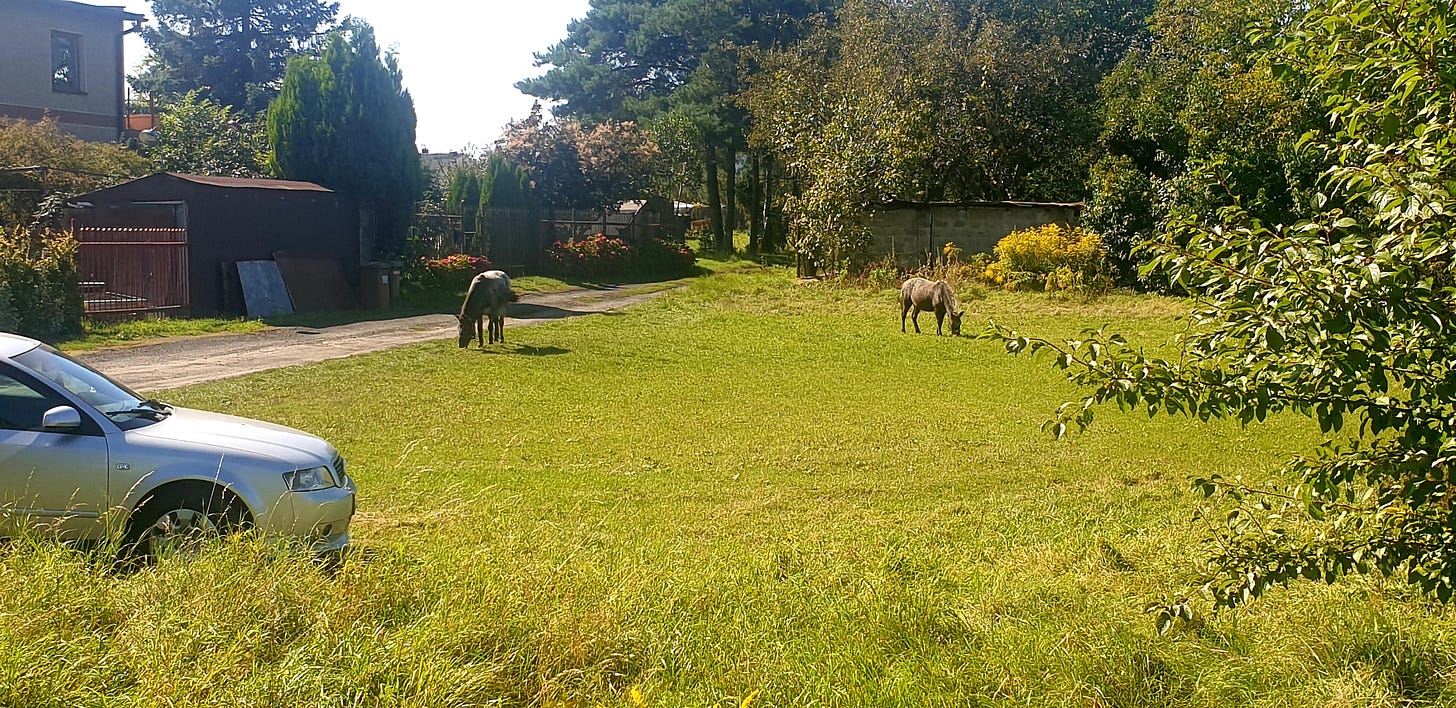Hello,
Obligatory shilling. I wrote for my paying subscribers about Evelyn Waugh and the meaning of niceness.
I wrote a short piece for UnHerd about Mencius Moldbug going mainstream. (Note: in the piece I referred to his concept of “the cathedral” as oligarchic - a silly lapse of thoughtfulness, as it is essentially decentralised and diffuse.)
Gerontocracy in the UK. Ed West discusses the luckiest generation:
It is not their fault as individuals that the housing bubble coincided with the lifetime of the generation that had everything. But it’s unfortunate for those that follow, and unfortunate for the Tory Party which, being dependent on the support of homeowners, has therefore increasingly come to rely on older voters as a voting block.
I wouldn’t say those born around the millennium are the unluckiest of people – 1895 would have been a bummer. But, growing up after the financial crisis and austerity, and with house prices still increasing 10% per year, it must seem hopeless at times. It is especially frustrating for younger voters who align with the Tories on cultural or economic issues and dread a Labour government, yet see a party entirely devoted towards serving the luckiest generation.
Social care does need more funding. There are countless examples of old people being abused in care homes by people who should not have been caring for a budgie, never mind a human being. But the problem comes when politicians treat housing wealth and pensions with reverential tact and young people - many of whom are liable to get neither - as a cash cow.
Sharp critique. The friendly, fiery liberal commentator Daniel Sharp criticises my argument that the geopolitical significance of 9/11 was exaggerated:
There are, of course, major differences between the conflicts of the twentieth century and the War on Terror, but it is absurd to say that jihadist organisations with global reach and appeal lack power and coherence.
I said they lack power and coherence compared to Nazi Germany and Soviet Russia which is an important distinction. If I say that Jake Paul - another modern force for evil - does not have the power of Deontay Wilder that does not mean he has no power. Still, I know responding to responses can get tiresome so check out Daniel's piece and decide for yourself.
Portents of oppression? Helen Andrews asks why public health responses to AIDS and COVID have been so different:
The type of measures being applauded today were resisted tooth and nail when applied to AIDS, a much deadlier disease. In the 1980s, even mild, noncoercive proposals like contact tracing to identify sexual partners who might have been exposed to the virus were condemned as portents of oppression.
The piece leaves me wondering if Andrews agrees with the hands-off attitude of the 1980s, as she clearly would in the case of COVID, but it is still interesting.
Optimistic oblivion. Chris R. Morgan explores the charm and absurdity of punk nostalgia:
For punk, optimism lies in certain oblivion. One established culture gives way to another coming up from the dregs, that is beyond our control and totally repulsive to all but its creators and keepers. With luck, we loiterers will find one day, like the turn of a season, that a cycle has renewed and everything has changed.
Ultimately, every trend is encased in nostalgia. We all get old. The only problem is when old people assume their generation accidentally experienced the ideal cultural forms.
Horrorism. Will Lloyd has fun exploring Martin Amis' ill-advised adventures in political commentary.
Pill pushers. Geoff Shullenberger reflects on the assimilation of alternative ideas:
The proliferation of misinformation, conspiracy theory, and the like thus plays a necessary function in the current information ecosystem. Official narratives, rather than standing on their own, rely on counternarratives to demarcate the limits of socially acceptable opinion.
Graveyards. Jacob Phillips reviews Adam Curtis on Afghanistan:
The West is wounded because the part of itself which didn’t get submerged in the promise of liberty as an antidote to death was exposed by the Afghani project – the haunting memory of liberty as a classical virtue.
Renting the libs. Simone Hanna criticises right-wing attempts to play gotcha with identity politics.
The lights went out. Esther O'Reilly remembers 9/11.
Sleep paralysis. Jane remembers Gerard Manley Hopkins.
Have a lovely week,
Ben







On Amis—well yes but just consider that if you watch the tape in the Time's Arrow universe you will espy a group of helpful bearded chaps reconstituting the crumbled towers by flying our planes backwards. Fancy that!
Not sure Moldbug would dispute your characterisation of the Cathedral as oligarchical - though it's an oligarchy of status, not wealth.